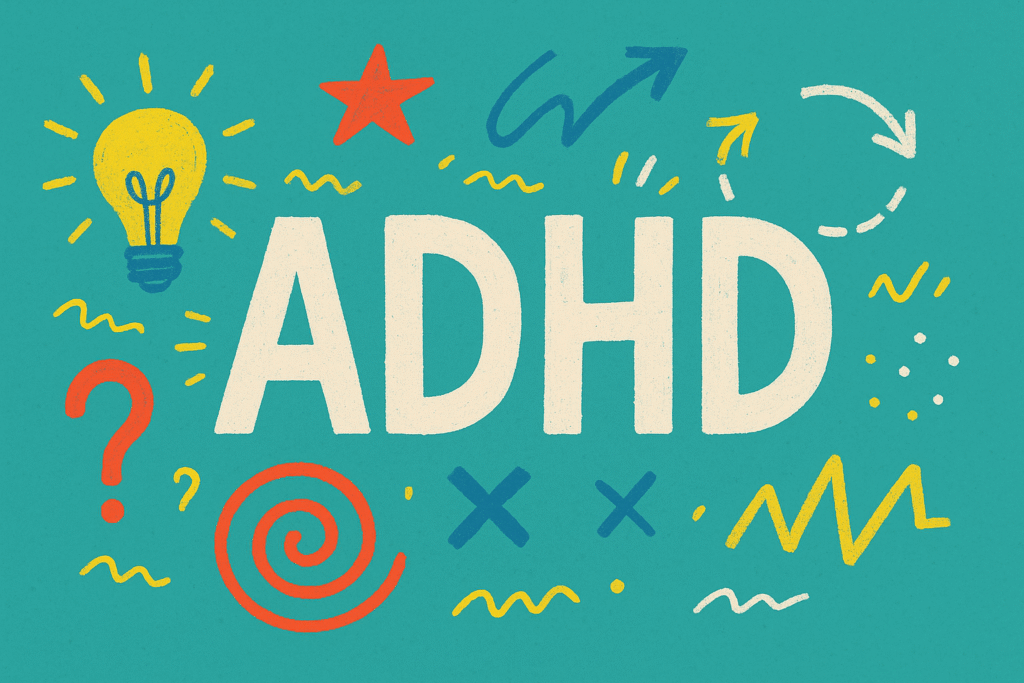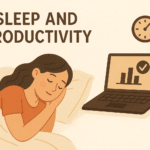The Psychology Behind Productivity: Time Management and the Brain
For as long as I can remember, productivity has been either my best friend or worst enemy. There were days when I was not focused, and there were hours when they slipped through my fingers like sand. When I was determined with ADHD, things started to make more sense. Then Ambien was prescribed to me for the insomnia. I finally fell asleep, and Focus found more clarity.
Time management is not just about the calendar or to-do list. It is the deepest connection. How does your brain work? If you ever struggle with time management—especially if you’re dealing with ADHD, sleep, or focus—you’re not alone.
Sleep Impoverishment and the Role of Ambien
Sleep is another major problem of time management after countless sleepless nights. I was just trying to sleep, but due to a lot of stress, I couldn’t fall asleep. Then I started taking Ambien under my doctor’s guidance. At first, I was hesitant; could a sleep medicine make that much
The answer was yes
Once I started sleeping consistently, my brain had a chance to reset, and I was focused easily with more clarity, my mood was more stable, and I was finally stuck to a time management routine. Ambien helped break the cycle of insomnia or made it easier to form healthy habits.
Time Management Strategies
I have tried everything—bullet journals, productivity apps—but more of them are ADHD-friendly. Eventually, I found a few ways that helped to organize my time.
Timeboxing
This method involves a specific time for tasks throughout the day. For those of us with ADHD who set the mental boundaries. Combined with Ambien-aided sleep, my ability to follow makes my time management better.
Micro-tasks
Divided big projects into manageable tasks to end my anxiety. Instead of feeling stuck or overwhelmed, I could focus on just one piece of time, essential for anyone dealing with ADHD.
Sleep Routines
Creating a bedtime routine and using Ambien when needed gave my brain the rest it needed. Better sleep means better cognitive function and is more natural than focused.
How ADHD Affects Productivity and Time Management
One of the first things I learned about ADHD is that it’s not about hyperactivity—it’s also about how we use time. People with ADHD are struggling with something called time blindness, meaning they have a hard time estimating how long tasks take and keeping track of time.
Before I understood this, I was continuously able to beat myself up for being lazy or having bad time management. I didn’t realize my brain was wired differently; ADHD made it too hard to switch tasks and stay focused without overwhelm. No matter how many productivity hacks I tried, nothing worked until I factored in my ADHD in the equation.
Ambien and ADHD Stability
If someone is suffering from ADHD and insomnia, they understand the unique challenges of staying focused when their brain or body is both exhausted. Using Ambien medical guidelines allowed me to relax and fall asleep at night, and I am doing so; I am reclaiming and relaxing.
I don’t use Ambien every night, but it is like a tool in my toolbox that gives me the ability to build a sleep schedule that works. Combined with an ADHD aware approach to time. I started feeling forced for the first time in years.
My Journey with Ambien and Sleep
Sleep issues to the mix, and it’s a perfect storm. I spent two weeks awake at night, my mind racing with to-do lists I hadn’t touched during the day. Then my doctor recommended Ambien, a sleep aid often prescribed for the short term.
Using Ambien helped me get real rest, but I learned that Ambien wasn’t a magic fix. It helped me sleep, yes, but the real breakthrough was when I started looking at how rest directly impacts my ability to manage my time.
Let me be clear: I don’t use Ambien every night, but on those difficult days with ADHD symptoms, I feel like they hijacked my brain, and I can’t wind down. Ambien helped me fight this situation.
Conclusion
The connection between Ambien and ADHD is time management and productivity, more than personal; it’s scientific. The brain craves balance, and the world may praise hustle, but cultural and real productivity comes from understanding the psychology behind your patterns.
So if you need reminders, use them. If you need sleep, focus on prioritizing it, even if that means taking Ambien, which is very helpful for you, or management that sleeps
It’s most important to think about permitting yourself to grow at your own pace. Remember, productivity is not a destination—it’s just a journey.



